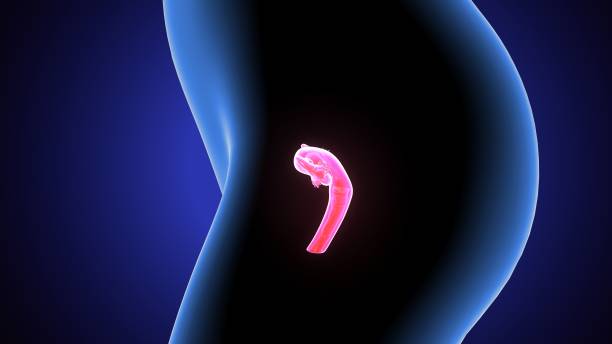- About us
- Specialties
Infertility Treatments
Gynaecolgic Surgery
High Risk Pregnancy
Obstetrics
Donor Programs
- News & Events
- Academic Activities
- Blogs
- Contact us

Types: There are different types of uterine septa, including,
Impact on Fertility: A septate uterus can affect fertility and increase the risk of pregnancy complications, such as recurrent pregnancy loss and preterm birth. The septum may interfere with embryo implantation or cause inadequate space for fetal development.
Diagnosis: Diagnosis is typically made through imaging studies, such as hysterosalpingography (HSG), ultrasound, or magnetic resonance imaging (MRI). These tests help visualize the uterine anatomy and identify the presence of a septum.
Treatment: Surgical intervention, known as hysteroscopic septum resection, is a common treatment for a septate uterus. During this procedure, a hysteroscope is used to remove or incise the septum, restoring a more normal uterine shape. This targeted approach not only confirms the diagnosis but also offers a means to surgically correct the anatomical irregularity, ultimately improving the uterine environment and enhancing fertility outcomes for individuals with a septate uterus.
Impact on Pregnancy: If a woman with a septate uterus becomes pregnant, close monitoring may be required to assess the risk of complications. In some cases, the septum may be resected before attempting to conceive.
Reproductive Outcomes: With appropriate diagnosis and treatment, many women with a septate uterus can achieve successful pregnancies. Surgical correction of the septum has been associated with improved reproductive outcomes.
Symptoms: In some cases, women with a septate uterus may not experience any symptoms. However, others may have issues such as recurrent miscarriages, preterm labor, or difficulties conceiving, prompting further evaluation.
Individualized Care: The management of a septate uterus is often individualized based on the woman’s reproductive goals and medical history. Treatment decisions are made in consultation with a healthcare provider.
Copyright © 2024. All Rights Reserved.
Powered By BCC

Copyright © 2024. All Rights Reserved.
Powered By BCC